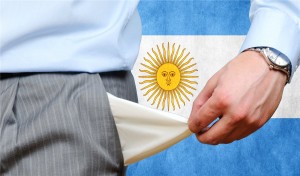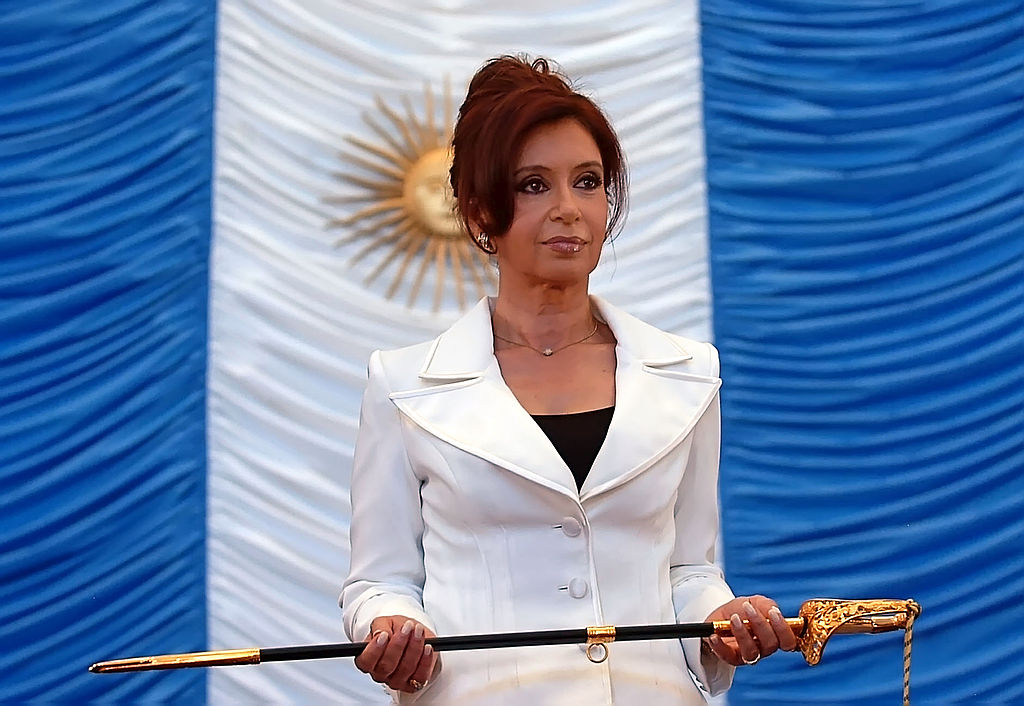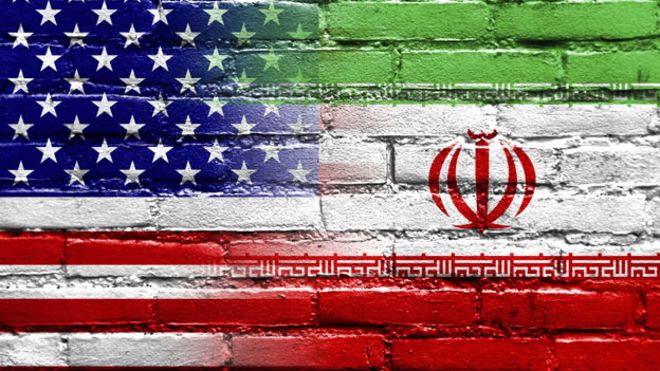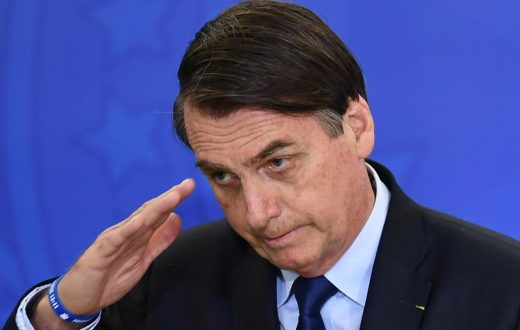Was Kirchnerism really defeated?
In the past decade we have seen how a wave of leftist populism has shaken up Latin America. Argentina, Birthplace of Ernesto “Che” Guevara, was of course hit by it.
First Nestor, then his wife Cristina, on an attempt to emulate the Peronist anti-imperialist dream, adopted failed economic policies like currency control and limitation of import and export of goods.
On October 25, millions celebrated what they believed was the defeat of Kirchnerism with general elections that placed Mauricio Macri, a liberal businessman on the presidential chair, beating the Kirchnerist candidate Daniel Scioli, former vice president under the mandate of Nestor Kirchner.
But, was it really a defeat?
Populist policies and leaderships have become part of a very enrooted preference in Latinamerican cultures. A sense of entitlement to everything just by having been born in a place rich of natural resources combined with a long history of populist regimes have enforced this mentality.
Trascending historically and most importantly, ideologically, has been the dream of many leaders. Cases of personality cults giving birth to political movements in the presence of factors like Populism, Institutionalization, Continuation of the regime, culturalization, mystification, Fatherhood, revolution and mourning have ended up in phenomenons like Maoism, Chavismo, Castrism, and of course Peronism.
A common saying in Argentina says that “even those who aren’t Peronistas are Peronistas”. Peronism became part of the culture, a collective identity. They have even made Peronism cool and transcendental through cultural means. The movie Evita, starring Madonna, for example, became an award winning movie. Going to Argentina and not visiting the mausoleum of Eva Peron is almost like never having gone there.
A little in-depth of Peronism can be taken from James Lewis’ “Roots of Charisma”: Even today, more than a decade after his death, a powerful political party backed by the Trade Union movement bears his name. His speeches and writings are still quoted as gospel by many thousands of argentines, who nevertheless cannot agree on whether he was a revolutionary of the left, a champion of the patriotic right, or a pragmatic reformer who ruined the country’s economy, wasted its resources and stirred up class hatred. 
His foreign position was against the U.S. He named his principles of his purported new Tricontinental political vision:
“Mao is at the head of Asia, Nasser of Africa, De Gaulle of the old Europe and Castro of Latin America”. Perón (1968)
Kirchnerism has as well become an ideology that goes beyond who sits in La Casa Rosada (Argentina’s Government House), and that is because history has a tendency to repeat itself. The Kirchners tried to emulate many Peronistic characteristics; and they even had a curiously coincidential way to mimic their ways of accessing power (A leader’s death that led to the rise to power of the wife).
The Kirchners, like the Perons, also dreamed with transcending and took the ‘similarity’ highway to do it. So there it is, Kischnerism as an ideology is now an actual thing.
Kirchnerism, while not in the presidency, will still be in the congress and enrooted in people’s ideologies, and it will be very difficult for Macri to rule and make immediate drastic changes with that. Kischnerism will still be making laws and having mediatic space to keep popularity amongst the people.








